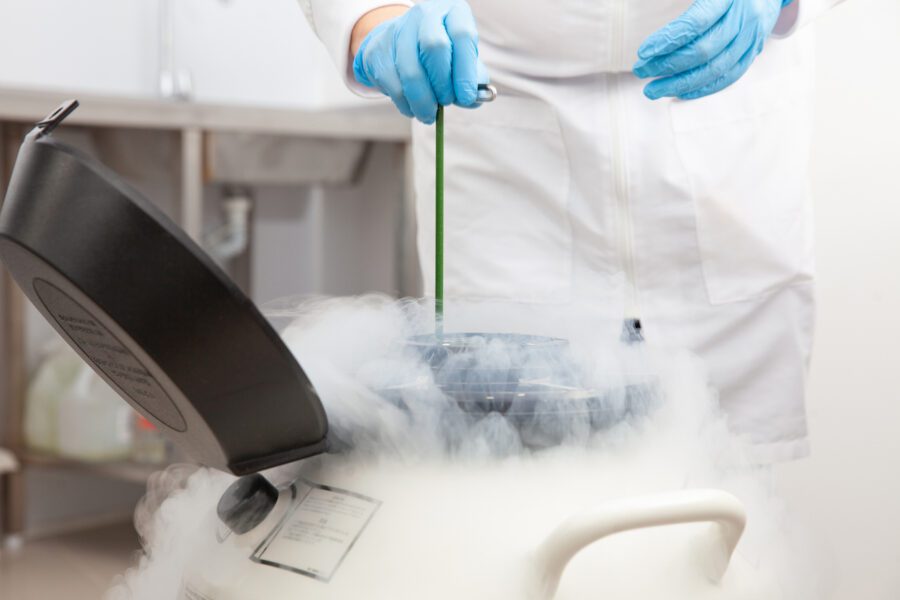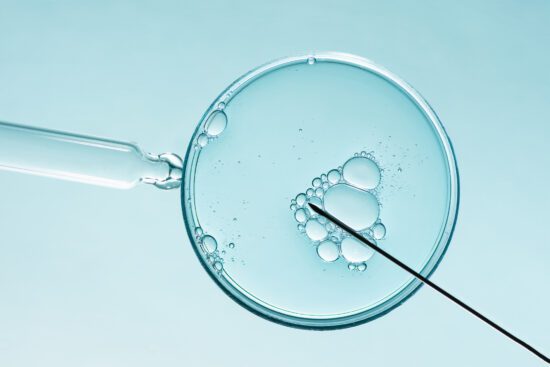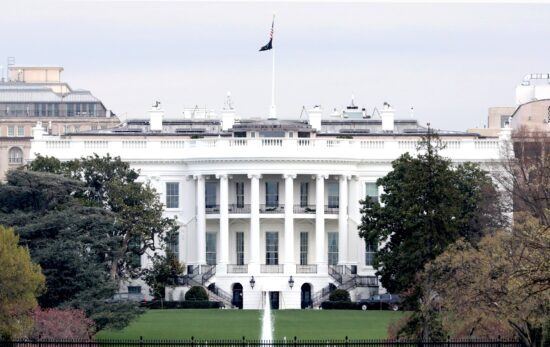This piece was originally published at Baptist Press.
Last week, messengers to the Southern Baptist Convention meeting in Indianapolis overwhelmingly adopted a resolution focused on the dignity of the human embryo and the ethical realities of commonly used reproductive technologies like in vitro fertilization (IVF). This resolution is specifically addressed to pastors, ministry leaders and couples about the need to think deeply about reproductive technologies before utilizing them. Discussions about the ethics of IVF are not new for Southern Baptists, nor the wider pro-life movement, even if they have admittedly not always been at the forefront of our advocacy.
So much of online discourse about this resolution has been driven by clickbait headlines, misrepresented views and overt political agendas rather than the facts. Despite much of the conversation about its adoption, the text of this resolution speaks to both the searing pain of infertility experienced by countless couples in our families, churches and communities, as well as unavoidable truth that human life is to be honored and cherished no matter the stage of development or location.
Infertility is a widespread medical condition that you or someone you know has likely experienced. The World Health Organization reports that around one in six couples worldwide currently struggle with infertility, which is defined as 12 consecutive months or more of regular unprotected sex without pregnancy. Many couples suffer in silence given the deeply intimate and personal nature of this diagnosis, even within our own churches.
As messengers affirmed in this resolution,
“we grieve alongside couples who have been diagnosed with infertility or are currently struggling to conceive, affirm their godly desire for children, and encourage them to consider the ethical implications of assisted reproductive technologies as they look to God for hope, grace, and wisdom amid suffering.”
SBC Resolution On the Ethical Realities of Reproductive Technologies and the Dignity of the Human Embryo
This is not simply a nod to those currently struggling to conceive. It is a visceral reminder that God is near to the brokenhearted (Psalm 34:18) and that the desire for biological children is good and godly, rooted in our human nature.
Children are among life’s greatest blessings and are part of God’s good design for marriage and families (Psalm 127:3). All children, no matter the circumstances of their creation, including the IVF process, are to be cherished, honored and protected. Many couples, even Christian couples, have pursued these technologies out of a genuine desire for children. While there are important ethical questions to consider in the use of these technologies, nothing, including means of generating embryos, lessens the dignity and value of human life. These realities must undergird our conversations about reproductive technologies alongside a recognition that these questions are extremely complex and emotionally difficult for families struggling to conceive.
Alongside these truths, there is an age-old question that must be considered by all who are affected by infertility. These technologies are not simply about helping families grow as if we ought to pursue the good of welcoming children by any means possible. We must not simply ask if we can do something, but should we. If pro-life advocates and politicians are truly concerned with upholding the dignity and value of every human life, especially those in the earliest stages of development, is it possible that truth might also limit the reproductive technologies that we ought to pursue?
IVF is not a neutral tool, and the ways that it is traditionally practiced should at least provide caution for pro-life couples seeking to grow their families. In common IVF practice, multiple children are generated in a laboratory outside of the natural context of the human body and are often tested, sorted and stored in cryogenic freezers – a practice which is little regulated. Many of these children are destined to destruction or even the abhorrent practice of human experimentation. It is widely known that there are risks to human embryos during the transfer to the womb and especially in the freezing and thawing process. These embryos are human lives, and therefore these realities must be taken into consideration by couples pursuing these technologies, especially those seeking to be consistent in upholding the dignity of all human life.
Some question the wisdom of such an emphasis on these artificial reproductive technologies (ARTs), like IVF, given the political moment and election cycle we are currently in. These truths might not be politically expedient or widely embraced in the public square, but that does not change the reasons for our position. The ways in which ARTs are traditionally employed stands outside what we know to be true about the dignity of all people, no matter their location or stage of development.
The Christian ethic of human dignity is centered on the truth that human life begins at fertilization, to which both Holy Scripture and science itself reveals. These embryos are human beings, not property, even if we can’t see them with the naked eye. Pro-life advocates must recognize that for almost 50 years, the culture of our nation and legal precedent in Roe v. Wade and Planned Parenthood v. Caseytaught that the child at fertilization was simply a clump of cells or mere human tissue. Widespread cultural beliefs and practices will take time to change, even in Christian communities.
Some might retort that these embryos are not human beings at all, though, given that they don’t exhibit the same characteristics as postnatal (after birth) human beings. However, the pro-life movement has long been in agreement with the Christian pro-life ethic that human life is not valuable because of what one does or the traits one may model. Human dignity flows directly from the fact that one is a human being created in the very image of God, the imago Dei. Thus, with this reality in mind and as this resolution reminds us, we must uphold the value and dignity of children and families even if it’s not popular or politically advantageous.
Read the full Baptist Press article here.










